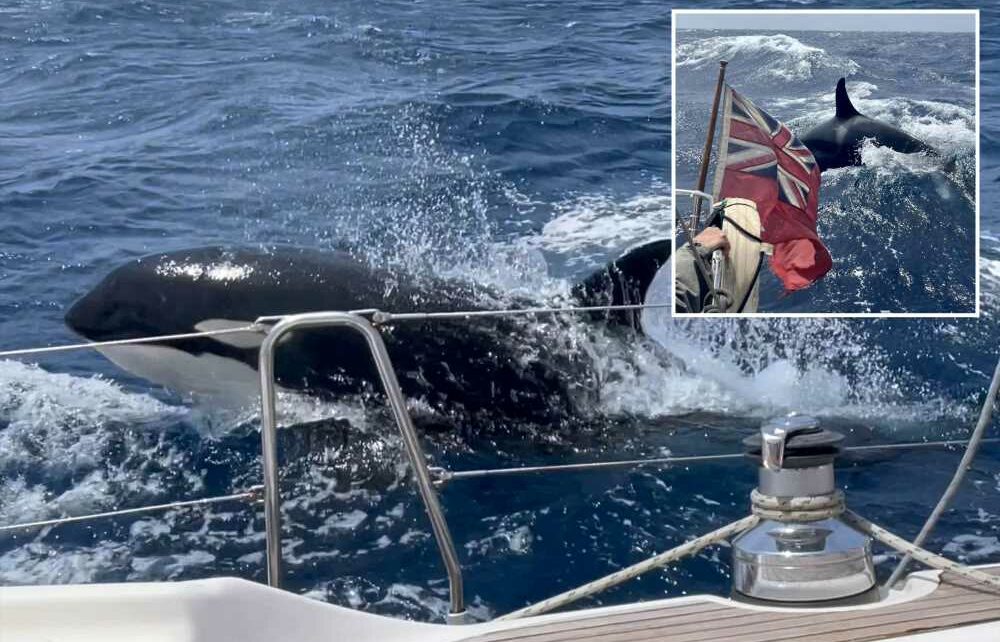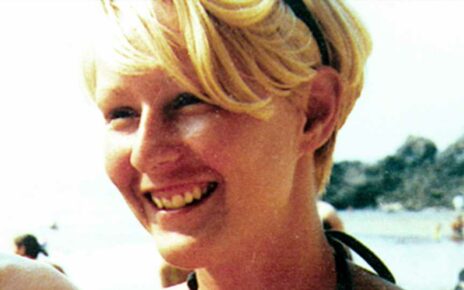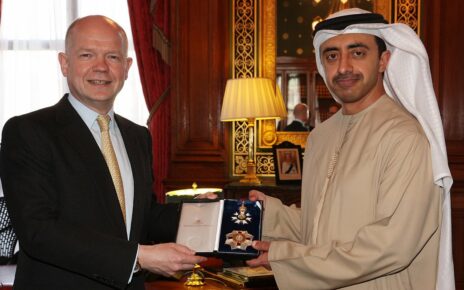THIS is the terrifying moment a pod of rogue killer whales tried to sink a Brit tourists' boat in an hour long ramming attack.
Janet Morris and Stephen Bidwell, from Cambridge, were enjoying a sailing course off the coast of Morocco when they spotted the group of orcas.




Some of the deadly mammals then started bumping the boat – an attack which reportedly continued for an hour.
But even though they crew were faced with high winds and big swells, they managed to navigate the boat to safety.
Business consultant Janet, 58, said: "I couldn't believe it when I saw them – it's extremely rare. We were sitting ducks.
"We were amazingly calm but underneath we were thinking, 'Oh my god'.
READ MORE ON ORCA ATTACKS

World’s worst killer whale attacks as 4ton beasts maul and try to drown trainers

SeaWorld’s most violent orca who attacked FIVE trainers – snapping one’s neck
"Because everyone was calm it felt okay, but we were petrified, it wasn't until afterwards that we talked about being very scared.
Janet revealed that they all collected their valuables and passports before talking about getting their life raft ready.
"It really didn't help that conditions were bad before the orcas. The boat was moving around a lot – it was hard to distinguish one cause from the others.
"The captain was very calm and orderly, which got everyone through."
Most read in The Sun

Holly LEAVES This Morning early & tells Phil 'don't be naughty' after awkward kiss

This Morning bloodbath as ITV bosses plot clear out in feud fallout

Former soap actress joins Coronation Street for steamy new affair storyline

Urgent warning to dog owners over pet food which could be DEADLY
Photographer Stephen, also 58, said: "We all remained calm because we were aware that if any of us got anxious it would be infectious.
"We were able to do that because the skipper was so calm.
"Orcas enjoy the thrill of the chase, so ideally we'd have kept still, but that wasn't possible because of the winds."
Janet and Stephen, who are qualified to charter and captain sailing boats, were on day two of a week-long course to clock up sailing miles when the orcas hit.
The frightening attack took place on Tuesday May 2, just seven miles from Tangier.
The couple were taking a nap in preparation for their night-watch duty when they felt a sudden banging on the hull and heard crew members shout, "Orcas! Orcas!" – so they rushed to deck.
At some point during the attack the crew saw the orcas – thought to number at least six – chasing pieces of debris that looked like sponge in the water.
The orcas let up the chase after an hour but the steering on the boat failed so they headed back to shore.
Back in port they realised that the debris were pieces from the rudder of the sailing yacht, a 46-foot Bavaria.
"The couple will get another opportunity to do the course", Janet said.
She added: "We were on the course to get experience, and we'll know what to do if this happens again."
The Strait of Gibraltar, which separates Europe and Africa, has been referred to previously as "orca alley" due to the large number of whales.
There has been previous reports of the whales attacking boats in the area – which has baffled scientists.
This comes after a similar incident which took place in June 2021 – where a British crew of a luxury yacht began fearing for their lives as a pod of 30 killer whales attacked them.
The 25ft orcas slammed into the vessel’s hull for two hours — and one swam away with a chunk of the rudder.
In August year a group of alarmed teams on yachts also spotted a gang of violent young male orcas who had been battering sailing boats in terrifying attacks to "practice hunting".
Read More on The Sun

The once-thriving UK holiday hotspot now slammed for ‘sea of concrete’

Woman urges to not buy shoes from Shein after a major fashion disaster
And in November, the crew of a sinking yacht watched a pod of orcas circling their boat after being attacked in the Atlantic.
The 25ft beasts pounced on the French boat off the coast of Portugal and relentlessly smashed into the vessel for 45 minutes before it sank.

Source: Read Full Article



